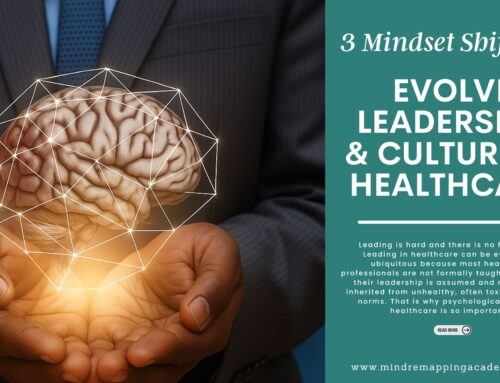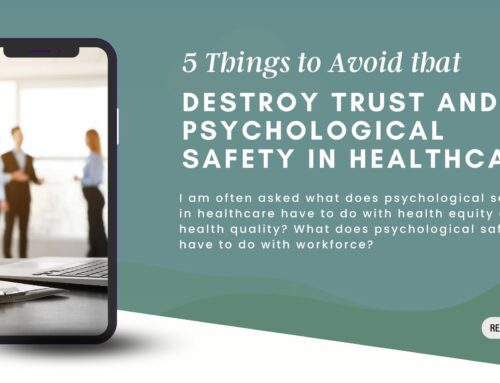
One of the key themes in the foundational part of my NLP training is the importance of the mind-body connection. We know from research that neurotransmitters bathe every cell of the body. Additionally, the mind’s influence on the body has also been documented in research.
However, what has not always been talked about are the subtle tapes that we as humans sometimes play in our heads that affect our daily physical functioning. These tapes are our internal dialogues or self-talk.
These internal conversations are things that we tell ourselves subconsciously that motivate us to act, react, or not act at all in a certain situation. They typically come from deep seeded unconscious messages we received in our childhood and/or along our life way through interaction with different people in our lives as well as society.
Have you ever talked to a slim person who says she can eat anything and never gains weight? Or the person who says, “I never get sick” and they REALLY never get sick?
On the contrary, have you ever met a person who is always seeming to have bad luck and constantly talks about how bad his luck always is? This is not a coincidence. People who make declarations like this are to some extent influencing their own situation by their primary thought focus. How is that possible? Deepak Chopra in his book Quantum Healing in the 80s suggests that the immune system is always eavesdropping on your internal dialogue because of the capacity of the neurotransmitter to affect every cell of the body. This is why it’s possible to concentrate on your breath and slow your heart rate down, and how it’s possible for experienced meditators to do things like lowering their blood pressure.

So, what are the messages you are feeding yourself?
There are common (but not always obvious) negative dialogues that you may hear people (or
even yourself) saying that can affect your outcomes like:
– “I’m always sick”
– “I am broke”
– “I’m clumsy”
– “I can’t….”
– “I give up”
– “I’m always tired”
– “I never get enough sleep”
– “I don’t have time for me”
– “I don’t make friends easily”
– “You can’t trust anyone”– “I’m such an idiot”
– “I should know better”
– “I (could) never be ____”
– “I’m always stressed out”
– “I feel (look or am getting) old”
Have any of these phrases slipped out of your mouth? What others can you notice? The first step in changing the internal dialogue is noticing the internal dialogue, and noticing your self-talk (whether it’s in your head or coming out of your mouth) starts with listening to your speaking. However, it’s impossible for you alone to be conscious of ALL of the negative dialogues you have, which is why people attend my NLP training. Training like these not only help you to pull the unconscious to consciousness (so that you CAN shift your thinking), but it also gives you the tools to effectively reframe your thought and remap your thinking healing whatever needs to be healed so that those unresourceful thoughts become less and less and eventually disappear.
Ultimately, It takes time and practice to retrain your brain, and it is something that can be done by changing one statement at a time. Awareness is the first step. However, awareness is not enough. If you don’t train yourself differently and expand the tools of communication, you’ll slide back into old patterns. When you do begin to learn new tools, however, you will start replacing those pesky negative statements with empowering ones, recreating yourself and your circumstances with the power of words, and ultimately transforming your life.
Want to learn the tools to transform your life and the lives of others? Interested in becoming trauma-informed? Learn more about our NLP Certification, NLP Coach training, Time Line Therapy®, and Hypnosis training by visiting www.mindremappingacademy.com and www.drmaiysha.com.










